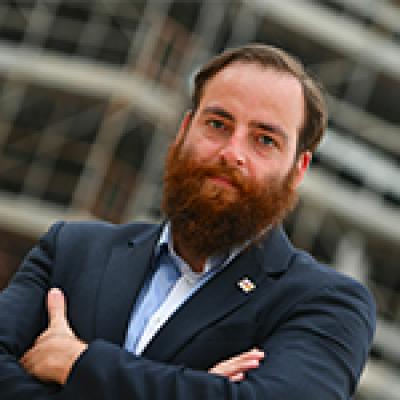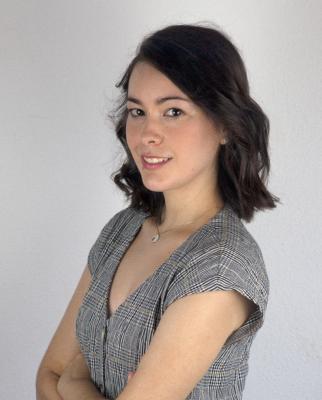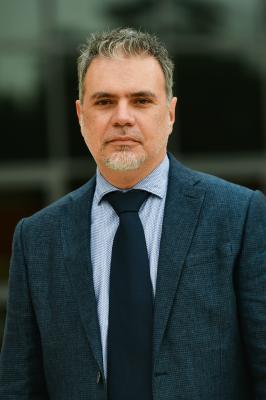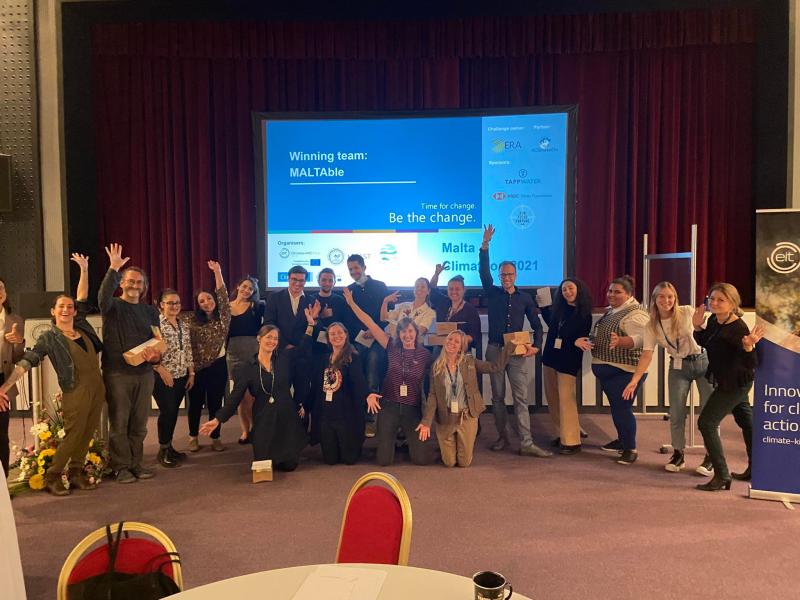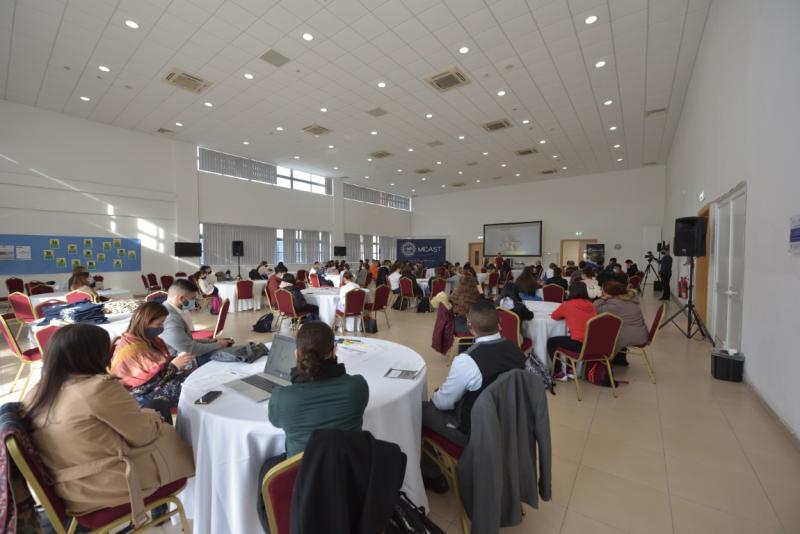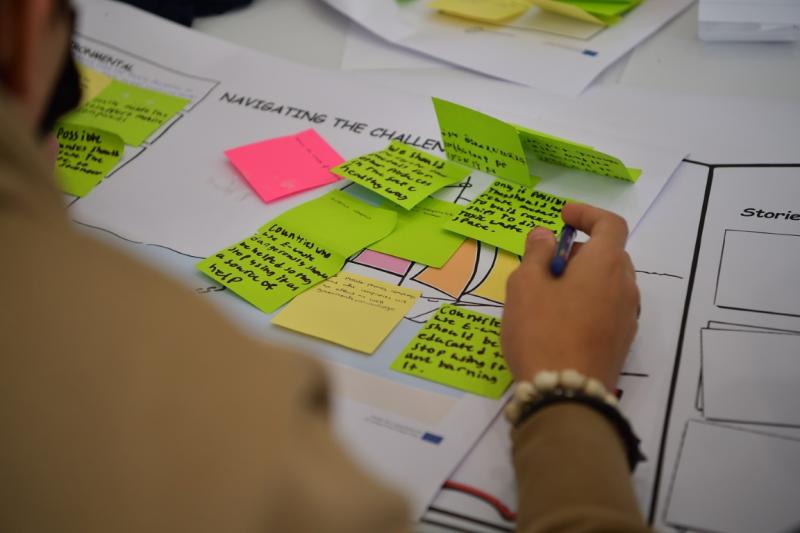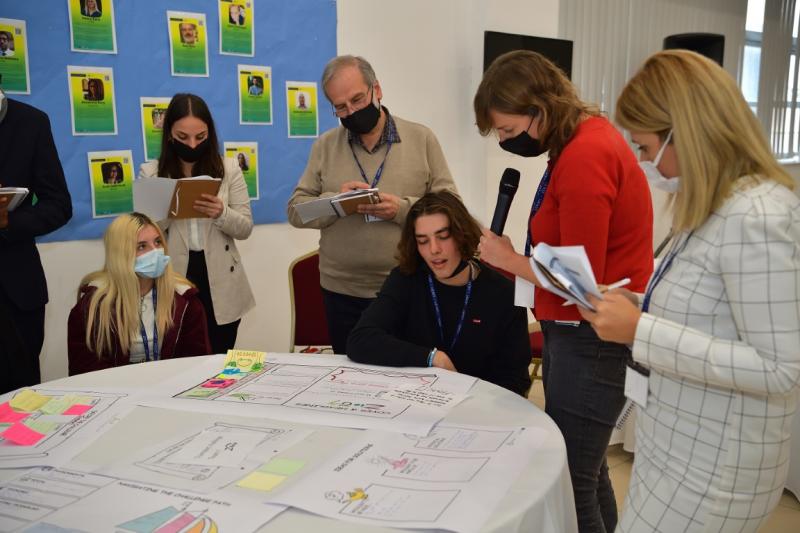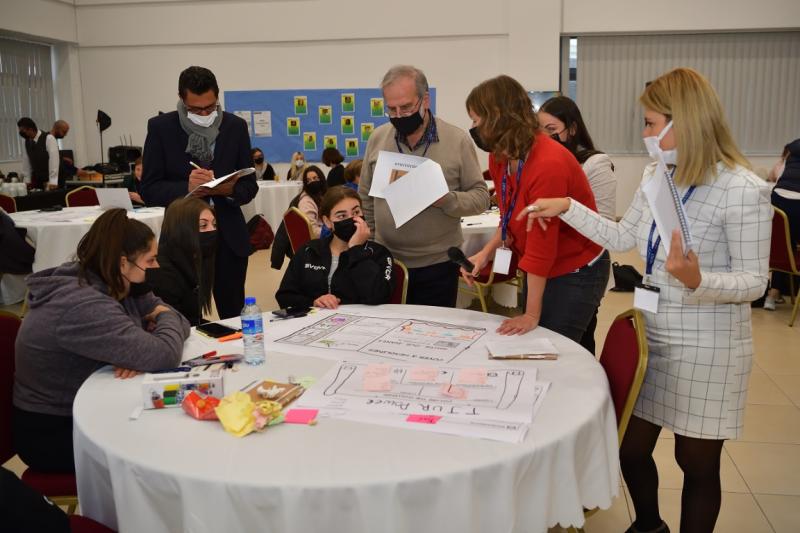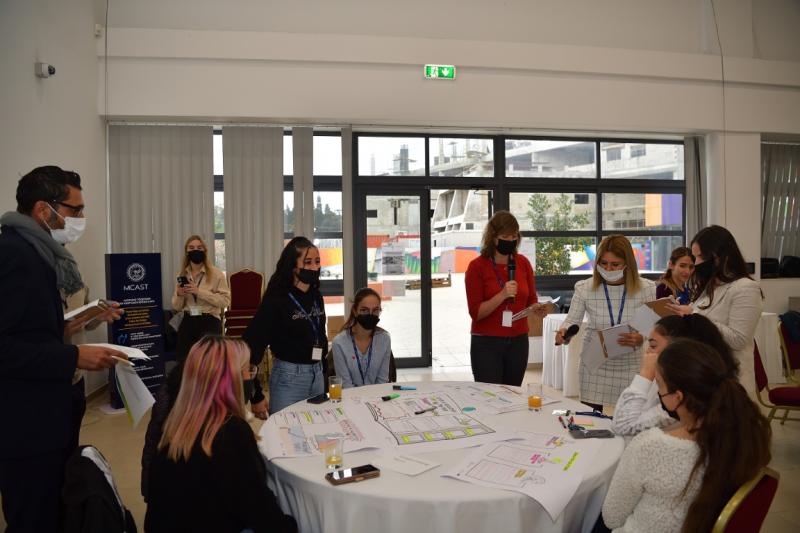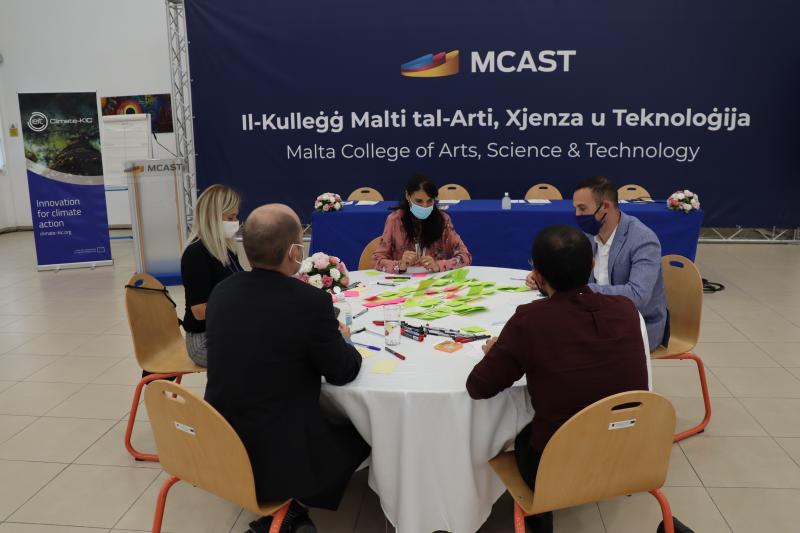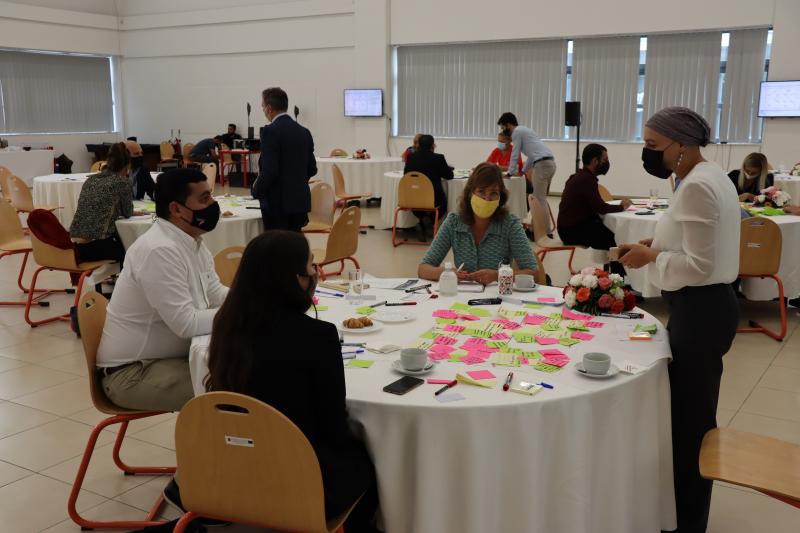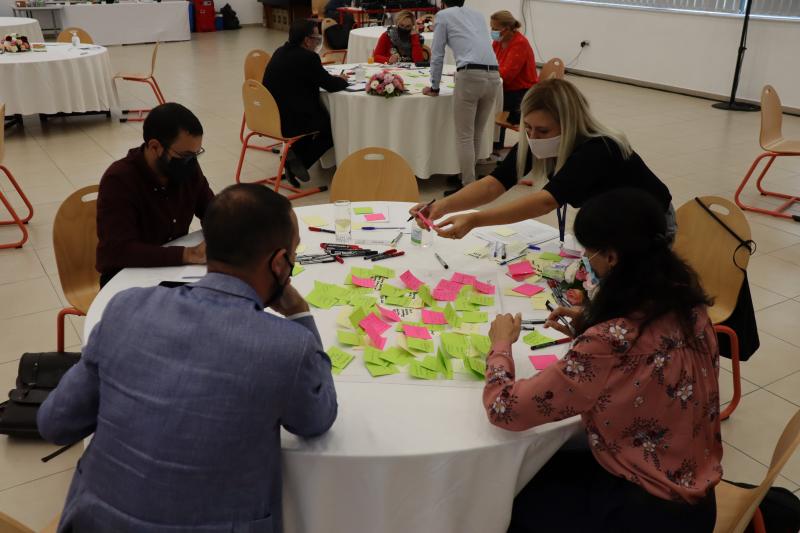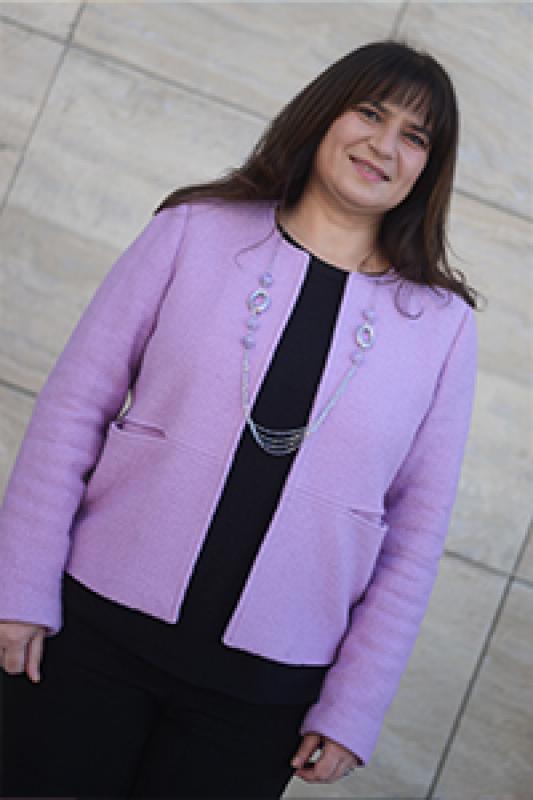MCAST through the EIT RIS Hubs fosters the quadruple helix innovation model as it bridges industry, academy and government together with the civil society to work towards sustainable development goals. This is being achieved in the design and implementation of projects and strategies that aim to support the transition to a zero-carbon and resilient Malta. MCAST, being a vocational educational institution is often approached by Ministries to design training with the intention of upskilling current mobility professionals, in alignment with national strategies. This close collaboration with government institutions, and the constant feedback being received from industry is key to boost further innovation in the sectors of mobility and clean technology. Alongside this, we have made it our mission to ingrain an entrepreneurial mindset within the local community and higher education institutions. We believe in the importance of ‘systems thinking’ and ‘challenge-led learning’ as a mindset in order to better understand the interrelations in complex contexts and to develop problem-solving skills in our society especially in our youth – our future leaders. Through our strategic programmes and network, local start-ups, educators and students are challenged to come up with innovative ideas to tackle climate issues head-on. We hand-hold them, supporting them and providing them with mentorship and funding throughout. In a nutshell, we are spearheading the creation of a local innovation ecosystem by gathering quadruple helix elements under MCAST’s roof, with the hopes of boosting our green economy, contribute to the creation of green jobs and fostering just communities.




